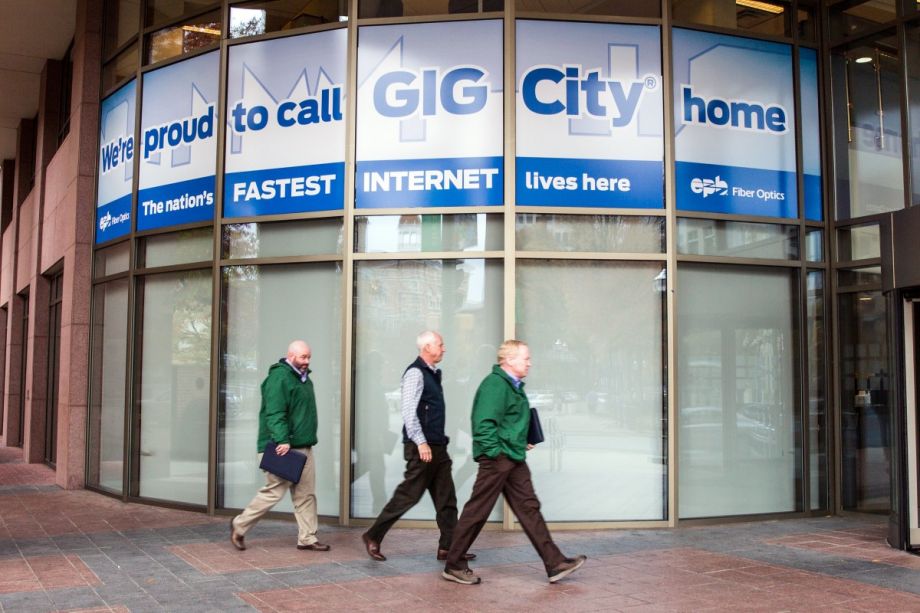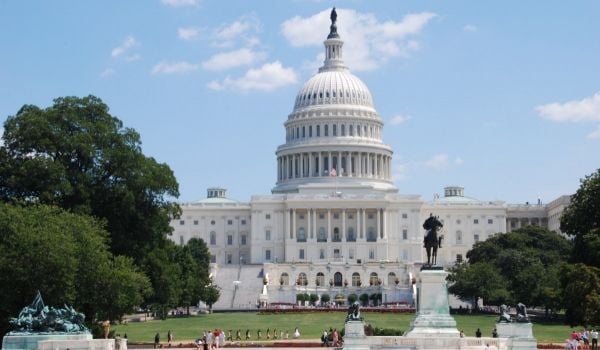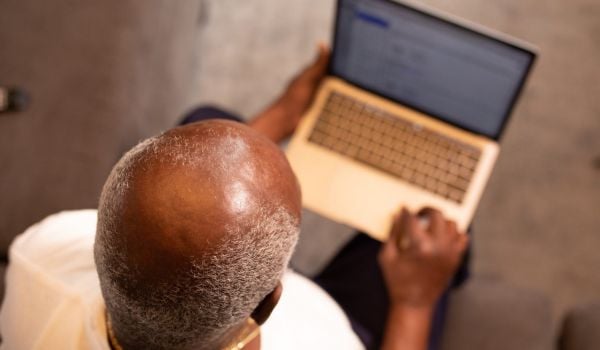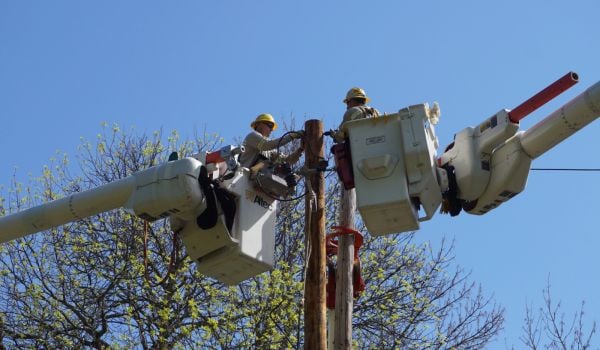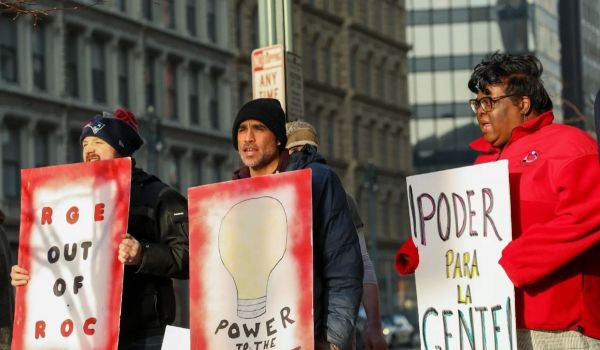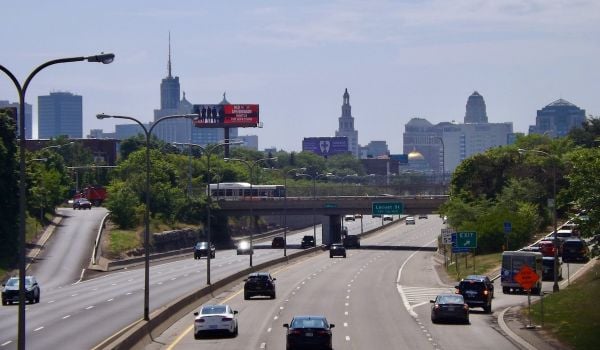In a world increasingly reliant on high-speed internet for all facets of life, about 34 percent of Tennesseans lack broadband access. Two state bills were considered this year to remedy that. One would’ve allowed city-owned high-speed internet infrastructure to expand at no cost to residents. Another outlined an offer of $45 million in subsidies to private internet service providers to build the same infrastructure. Only the latter passed.
Chattanooga is the municipal broadband poster child. In 2010, the city became a rarity on two fronts. Electric Power Board (EPB), the city utility, built its own internet network, and Chattanooga became the first city in the U.S. to provide a 1 gigabit connection. Though that’s already hundreds of times faster than average American broadband speeds, EPB upped its game in 2015 by launching the world’s first 10-gigabit network.
Chattanooga Mayor Andy Berke credits the municipal broadband network with spurring an economic recovery. Schools and businesses get extremely fast internet. Residents pay $70 a month for 1-gigabit internet at home (less than what many people in the U.S. pay for slower internet in other cities). And, as is often the case with city-owned utilities, EPB offers low-income residents deeply discounted broadband.
Unsurprisingly, surrounding towns and suburbs want access to that network. EPB wants to expand as well. But they cannot. A state law pushed by private telecom companies prohibits public utilities with broadband networks from expanding beyond city limits. The Federal Communications Commission overturned that law in 2015, but an appellate court reversed the FCC’s ruling, meaning the law still stands.
State Senator Janice Bowling’s bill would’ve changed Tennessee law to allow municipal broadband providers to expand beyond city limits. Tullahoma, a city in Bowling’s district, also has a municipal broadband network. EPB said it could expand its network infrastructure with cash on hand and private loans. But both Bowling’s bill and its companion in the House died in committee.
Instead, the legislature passed the Tennessee Broadband Accessibility Act, a bill pushed by Governor Bill Haslam. It provides $45 million in tax breaks and grants to private companies such as AT&T and Comcast to build broadband infrastructure in communities that need it.
“I find that infuriating. Chattanooga has not only one of the best networks in the nation, but arguably one of the best on Earth and the state legislature is prohibiting them from serving people just outside of their city boarder,” says Christopher Mitchell, Institute for Local Self-Reliance’s director of the Community Broadband Networks Initiative.
Mitchell says it’s far easier and less risky for a company to expand existing infrastructure than to build a new network from scratch, which is what the private companies can now do. But that argument didn’t outweigh the lobbying strength of the telecom giants.
“It’s a question of how much grassroots effort is needed to overcome telephone and cable lobbying,” Mitchell says. “I had hoped this year we’d see Chattanooga and other municipal broadband cities have enough grassroots power. But they don’t. They need to do more organizing.”
In 2016, State Rep. Kevin Brooks introduced a similar bill to allow Tennessee utilities to expand their internet service. When asked about lobbying efforts against the bill, Brooks told the Times Free Press that the telecom companies had hired 27 lawyers to fight his legislation.
Tennessee’s refusal to remove legal barriers to municipal broadband expansion doesn’t have legal implications for other cities’ attempts to implement the model. But Mitchell worries it’s yet another psychological barrier for cities rightly worried that attempting to build a city-owned internet network will come with serious legal headaches. Comcast sued Chattanooga twice to try to stop EPB from building its gigabit network.
“I think any city’s effort would face that. It’s not just the potential legal barriers, it’s also the message of ‘this will be difficult,’” says Mitchell.
Still, there is strong support for municipal broadband in the U.S. A new survey from Pew Research Center found 70 percent of people think governments should be able to build their own broadband networks if “existing services in the area are either too expensive or not good enough.”
“We’re on the right track,” Mitchell says. “In many ways, I don’t view [municipal broadband] as inevitable in every state, but we’re going to see communities pushing for it more and more.”

Josh Cohen is Crosscut’s city reporter covering Seattle government, politics and the issues that shape life in the city.
Follow Josh .(JavaScript must be enabled to view this email address)

